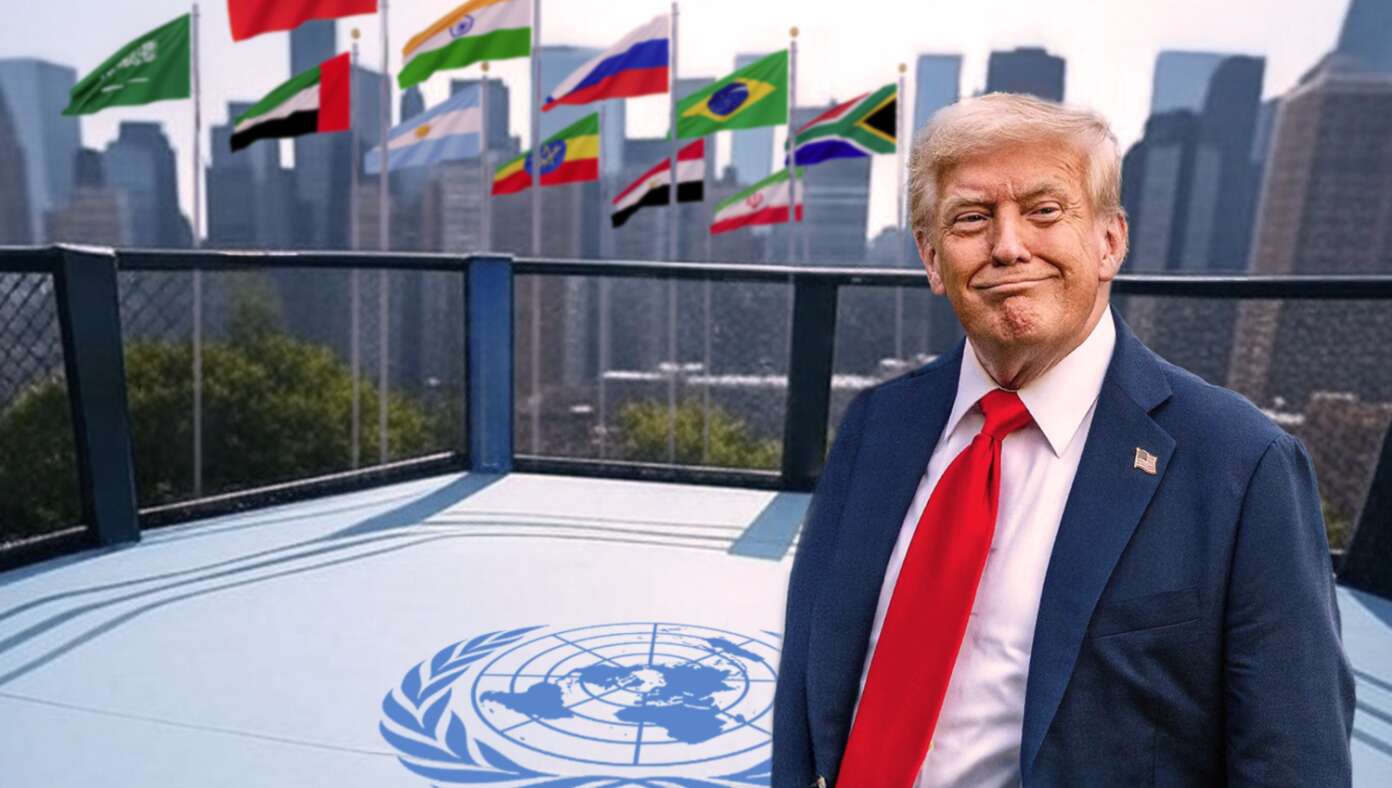
NEW YORK — Trump’s Tuesday speech at the United Nations Headquarters in Midtown Manhattan will officially be his last as he has announced plans to demolish the building and replace it with a tremendous UFC Arena.
Read More
NEW YORK — Trump’s Tuesday speech at the United Nations Headquarters in Midtown Manhattan will officially be his last as he has announced plans to demolish the building and replace it with a tremendous UFC Arena.
Read More
People are always asking us: how do the writers at the Bee stay so hot and youthful? We decided to do the world a favor and give everyone a few tips on how you too can instantly become more attractive:
Read More


NASA astronaut Nick Hague watches as Robert Schmidle Pitts Aerobatics perform, Friday, Sept. 12, 2025, during the Joint Base Andrews Air Show at Joint Base Andrews in Prince George’s County, Maryland. Hague spent 171 days aboard the International Space Station as part of Expedition 72.
Read More